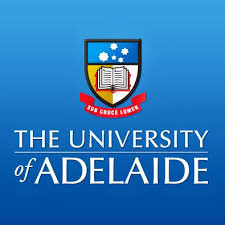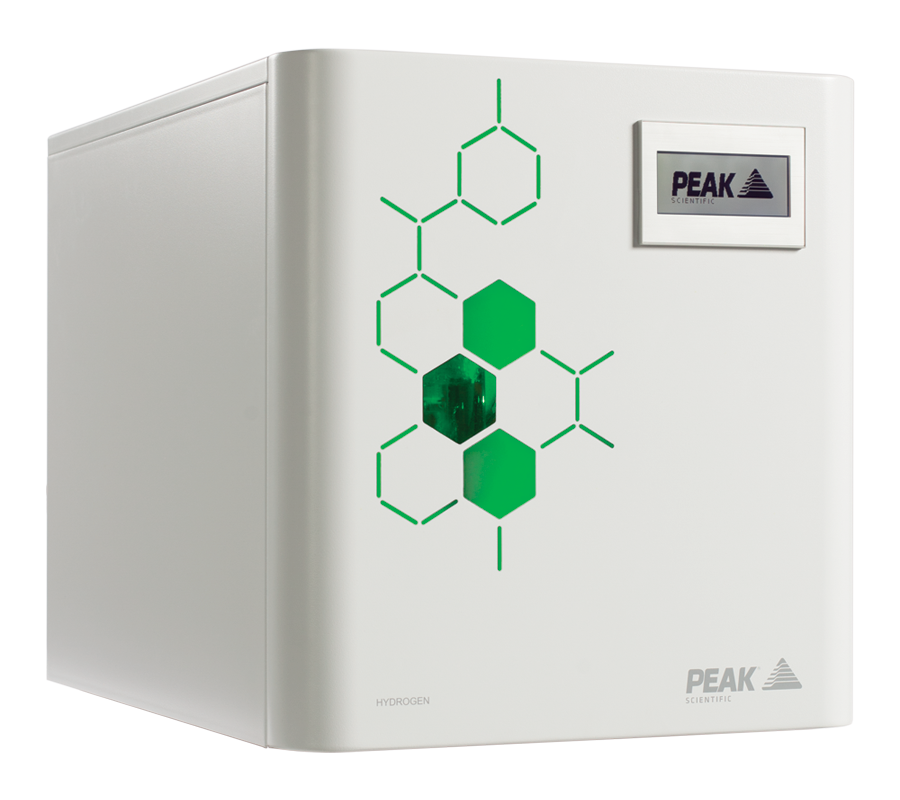PEAK assist Adelaide Glycomics Lab

PEAK's Precision Hydrogen generator has been installed in the new state of the art glycomics research facility at the University of Adelaide.
Adelaide Glycomics, based at the University’s Waite campus, are the first comprehensive facility for the analysis of complex carbohydrates (‘glycans’) in the Southern Hemisphere. This new facility is putting South Australian researchers at the forefront of discovery and development in the expanding field of glycoscience (the study of structure and function of glycans).
Analysts and state-of-the-art instrumentation, made available through a collaboration with Agilent Technologies, will support fundamental and applied research in glycoscience and the development of new applications for a range of industries. Though strictly an UofADI and Agilent collaboration, PEAK played a minor yet pivotal role by providing the laboratory with a PEAK Precision Hydrogen gas generator for their analysis.
PEAK's Precision Hydrogen Trace generator
PEAK’s Precision Hydrogen gas generator is a safe, reliable and convenient solution for hydrogen for GC carrier gas, which produces the highest purity of hydrogen by utilizing a Proton Exchange Membrane to create the hydrogen gas from deionized water. The generator will assist Adelaide Glycomics in its analysis.
.jpg)
The grand opening of the new center
The grand opening of the lab took place on August 25th where press, research fellows and scientific companies came together for the official launch. Business Development Manager, Nicole Pendini attended the event. She stated:
"The opening event was a huge success and was enjoyed by all who attended. PEAK are very proud to be part of this new dynamic lab and have our equipment assisting the analysis. We hope that this collaboration will continue in the future as Adelaide Glycomics continue to make advances in its research.”
Adelaide Glycomics will serve as a hub for local, national and international collaborations and will also offer training workshops and on-site demonstrations for researchers and technical staff.
See a video of the new site on the University of Adelaide's Facebook page.
